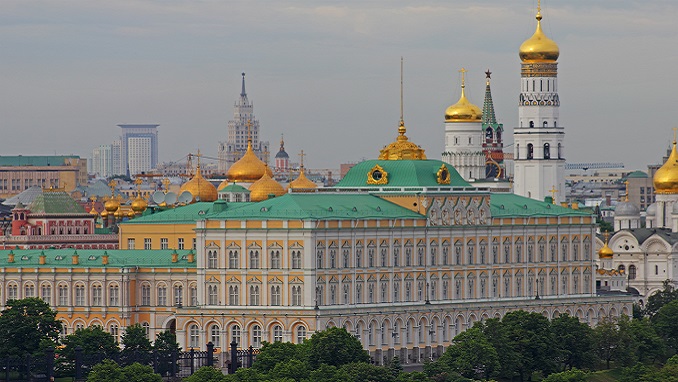August 2 marked the first anniversary of the infamous American CAATSA act (Countering America’s Adversaries Through Sanctions Act), which has served as a cornerstone of Washington’s sanctions against Russia By default, sanctions are a long game by default, so the CAATSA is still settling in, and its main custodian, the U.S. Office of Foreign Assets Control (OFAC), is far from establishing the full practice–and limits–of its implementation, according to global risk consultancy Control Risks.
“Nevertheless, first takeaways have become clear, and so far they indicate that—unlike in the case of Iran—doing business in Russia or with Russian firms remains possible for multinationals, albeit with numerous caveats and a set of compliance measures,” says Control Risks’ Andrey Yeremenko.
The analysts say the CAATSA offers a complex web of instructions and prohibitions, many of which are open to interpretation. Nevertheless, several key blacklisted areas are clear: the law bans companies from working with the Russian defense/intelligence sector, in ‘special oil’ projects – deepwater exploration, Arctic oil, shale oil, on Russian export oil pipelines, and from any business involvement in Crimea. Broadly speaking, foreign companies are strongly advised to stay away from these areas of activity, Yeremenko says.
The most glaring example is the defense/intelligence sector: CAATSA only bans ‘significant transactions’ with it, but neither the law nor OFAC have offered a clear explanation of what constitutes ‘significant’.
Another murky area is the possibility of the so-called daisy chain implementation, in which the principle of ‘six degrees of separation’ applies: a company working with a sanctioned entity can itself be sanctioned, exposing its own partners to the risk of sanctions in turn. The principle, also known as ‘secondary sanctions’, has not been applied yet, though the CAATSA is still finding its feet.
Companies also need to be specifically aware of critical sanctions lists:
The Specially Designated Nationals (SDN) and the Sectoral Sanctions Identifications (SSI) lists: No business can be done by U.S.-compliant companies with the SDNs; non-U.S. companies also run the risk of coming under secondary sanctions if they have at least a branch office in the U.S.
The so-called “Kremlin list”: Released in January 2018, this list names 94 of the richest Russian businessmen as potential targets for sanctions. Six of them were sanctioned in April, which has understandably made businesses jittery about working with the remaining 88.












